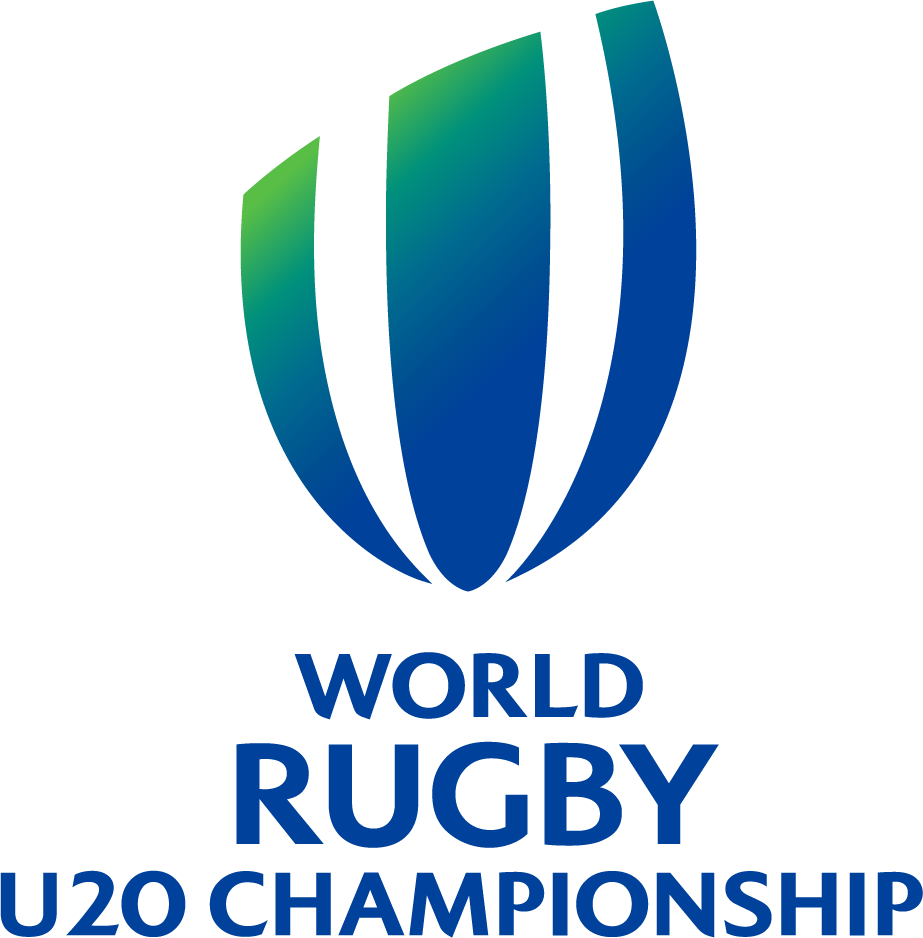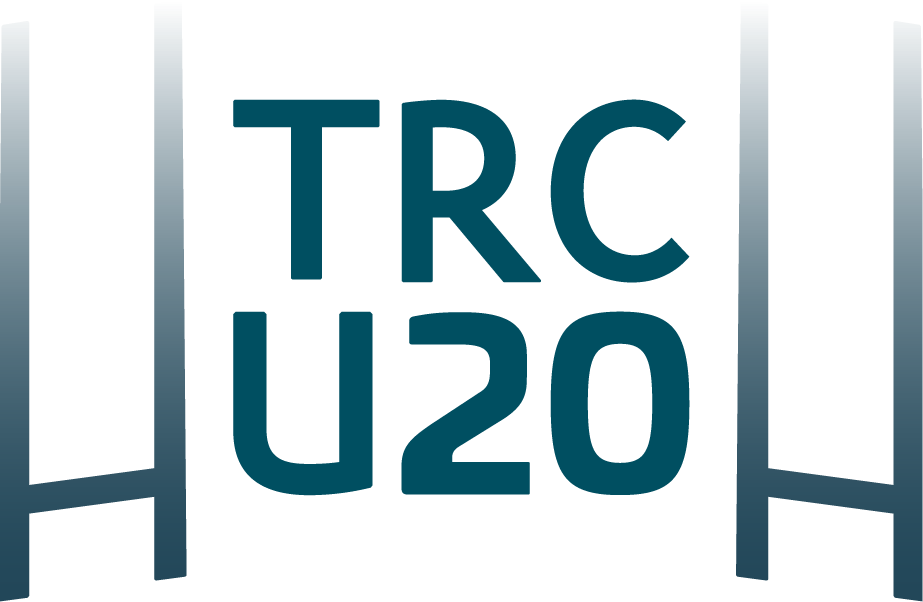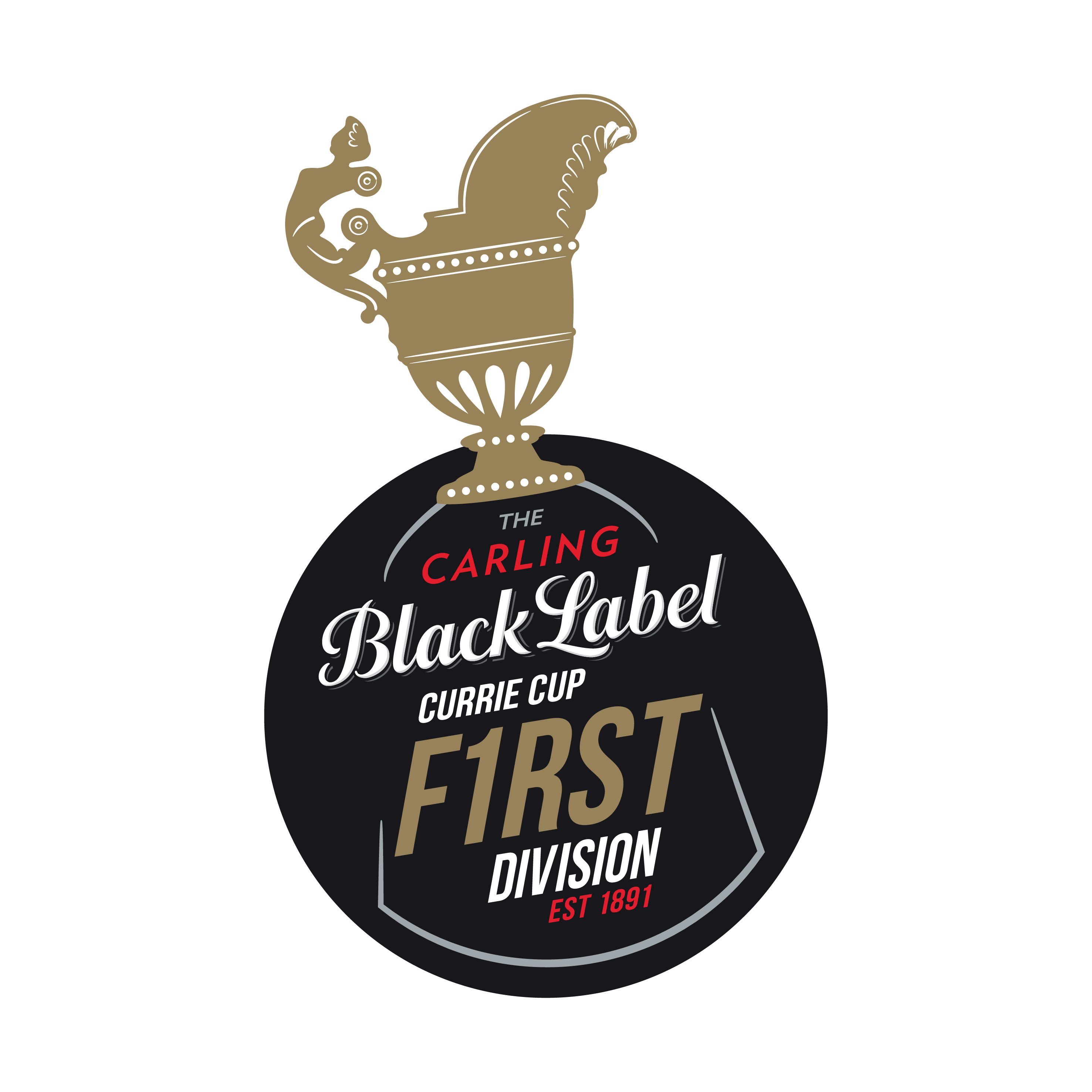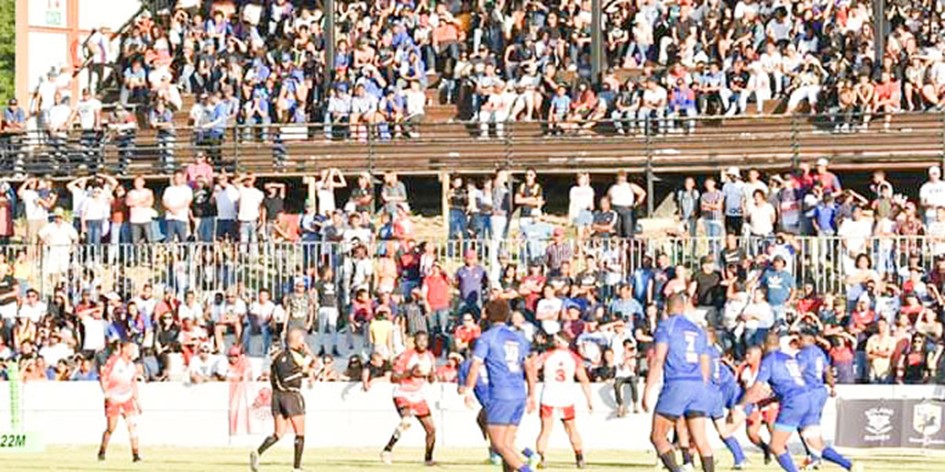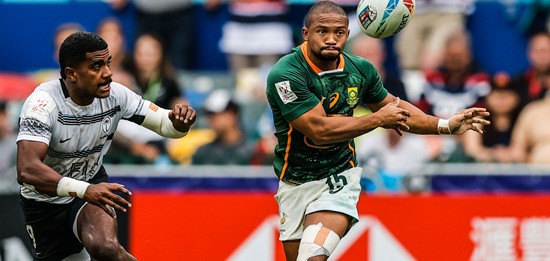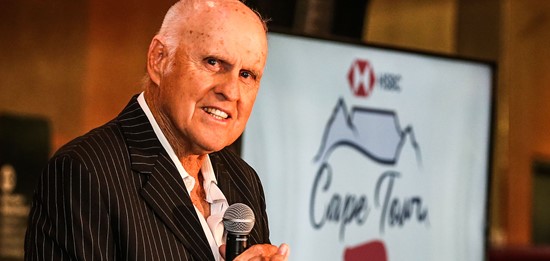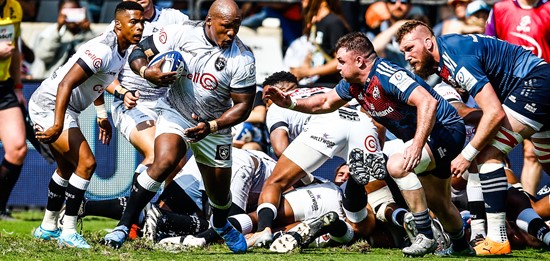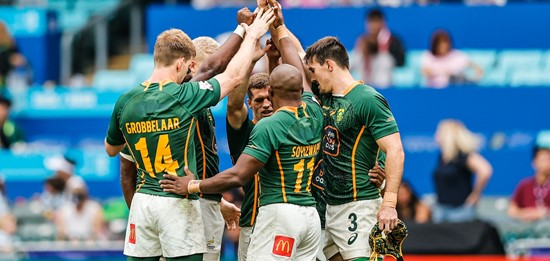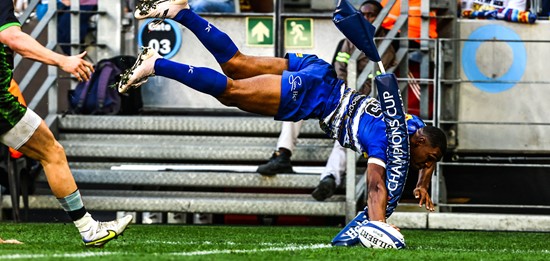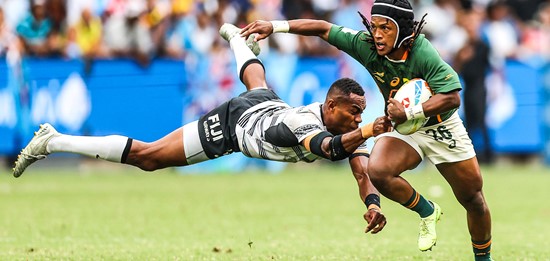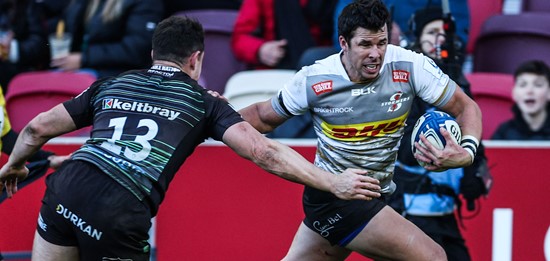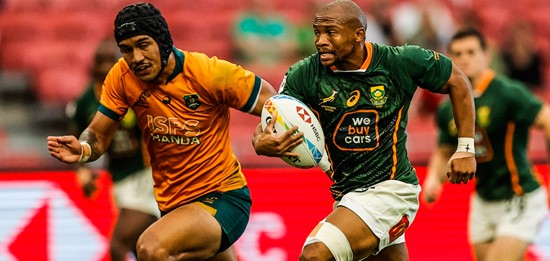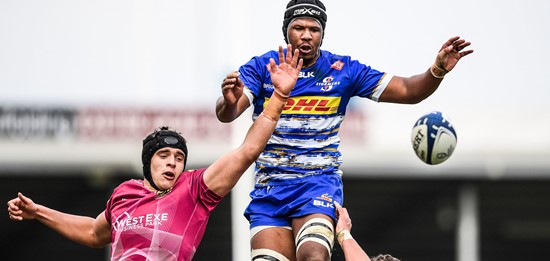The sport’s global governing body made the recommendation a month ago to reduce the permitted tackle height to below the sternum (the middle of the chest). If approved by the World Rugby Council in May, national unions will be given the choice of opting-in to a global trial.
“This workshop was the first opportunity to engage with our most important stakeholders, who are the leaders of the community game at provincial level, which included a representative of the SA Schools Rugby Association,” said Rian Oberholzer, SA Rugby’s chief executive.
“Professor Ross Tucker of UCT, who advises World Rugby on such matters, made a presentation to the workshop on the science behind the recommendations, which will help reduce the risk of head and neck injuries, and increase the focus on player safety and safeguarding. There were also presentations by Clint Readhead SA Rugby’s Senior Manager in the Medical Department and Dr Wayne Viljoen, SA Rugby’s Senior Manager for Rugby Safety.
“This is an important issue for the game and the task team will report back from their considerations and how they believe South African rugby should best respond to the recommendation.”
The workshop also considered data on rugby growth, diversity and gender and demographic inclusion in community rugby with significant growth experienced in the women’s game.
“The 74% growth in women’s rugby players from 2021 to 2022 shows we are on the right path,” said Ian Schwartz, SA Rugby’s General Manager for Strategic Performance Management.
“The growth in female schools players was also significant while in all areas the game – on and off the field – the inclusion of women at all levels rose to 24%. I must congratulate all the member unions for the work they are doing and their approach at the workshop.”
Oberholzer said: “It is important to remember that success at the higher levels of the game starts at the grassroots level, in our clubs and communities.
“It was great to see union CEOs and General Managers, as well as other personnel involved with amateur rugby, and SA Rugby employees responsible for player safety, women’s rugby, referees, training and education and service providers of capacity building programmes, all united by a common goal of making rugby grow, safer, more inclusive, and more accessible to all.”
Schwartz added: “Creating opportunities and building capacity through rugby for our communities and people are our ultimate goals. Financing is crucial in ensuring the game stays afloat, which is why we also explored funding opportunities available to amateur rugby, with particular emphasis on the Lotto and government funding.
“In addition, discussions were held regarding the Gold Cup and other amateur club competitions, which will help ensure that community rugby remains a vibrant and competitive part of South African life.”













